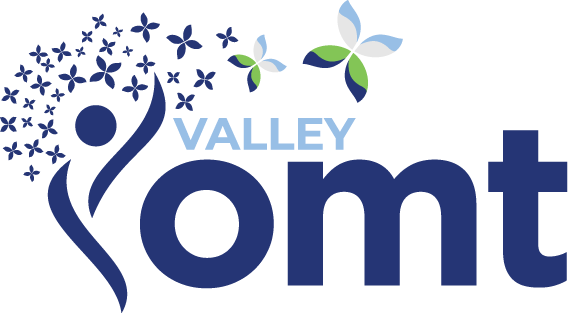As Orofacial Myofunctional Therapists serving Central PA, we frequently help concerned parents understand their child’s snoring and sleep-breathing issues.
Think of your child’s airway as a flowing river – when there are obstacles or narrow passages, the water makes noise as it moves past.
Similarly, snoring occurs when air can’t flow smoothly through your child’s airway during sleep.
While occasional snoring might seem harmless, regular snoring can significantly impact your child’s development, learning, and behavior.
When Is Snoring a Concern?
Children’s breathing should be quiet during sleep. At our Camp Hill practice, working with local pediatricians, we’ve learned that consistent snoring at any age deserves attention. Particularly concerning signs include:
- Loud or regular snoring with gasping sounds
- Observed pauses in breathing during sleep
- Restless sleep with frequent position changes
- Bedwetting beyond typical age
- Morning headaches or difficulty waking
The Link Between Snoring and Development
Recent research, including studies from leading medical centers, shows that children who regularly snore often experience:
- Challenges with attention and focus (sometimes mistaken for ADHD)
- Delayed growth and development
- Behavioral changes and mood swings
- Learning difficulties and decreased school performance
- Changes in facial growth patterns
Understanding the Root Causes
At Valley OMT, serving families from Harrisburg to Carlisle, we conduct comprehensive evaluations to identify underlying causes of sleep-disordered breathing. Common factors include improper tongue positioning, mouth breathing habits, and weak oral-facial muscles – all elements of Orofacial Myofunctional Disorders (OMDs) that we can address through targeted therapy.
The Role of Sleep Studies
Sometimes, we collaborate with local sleep centers in Cumberland County for more detailed assessment. A sleep study (polysomnogram) can provide valuable information about your child’s breathing patterns and help determine if conditions like sleep apnea are present.
How OMT Helps Improve Sleep Breathing
Our evidence-based approach at Valley OMT combines:
Comprehensive Assessment
Each child receives a thorough evaluation of their breathing patterns, oral muscle function, and sleep habits. We coordinate with your child’s pediatrician, ENT specialist, or sleep physician to ensure comprehensive care.
Customized Treatment
Treatment typically spans 4-6 months, with most children showing improvement within the first few weeks. We focus on establishing proper breathing patterns, strengthening oral-facial muscles, and developing correct tongue positioning.
Success Stories from Central PA
Sarah’s mother from Mechanicsburg shares: “After six weeks of therapy at Valley OMT, my daughter’s snoring decreased significantly. Her teacher even noticed improved attention in class.”
Creating a Better Sleep Environment
Beyond therapy, we guide families in establishing optimal sleep conditions:
- Proper head and neck positioning
- Appropriate room temperature and humidity
- Regular sleep schedule
- Dietary considerations that affect breathing
- Environmental allergen management
Emergency Guidance
If your child experiences severe breathing difficulties during sleep, seek immediate medical attention at the local Hospital emergency room.
Take Action for Better Sleep
Located conveniently off Route 11/15 in Camp Hill, Valley OMT serves families throughout Central PA with evidence-based treatment for sleep-breathing issues.
Contact our office today to schedule a consultation. Evening appointments available for working families.
Frequently Asked Questions
Q: At what age should snoring be evaluated? A: Any regular snoring in children deserves evaluation, regardless of age.
Q: How long does treatment typically take? A: Most children show improvement within 4-6 months of consistent therapy.
Q: How do I know if it’s sleep apnea? A: We work closely with local sleep specialists to ensure accurate diagnosis and appropriate treatment.
